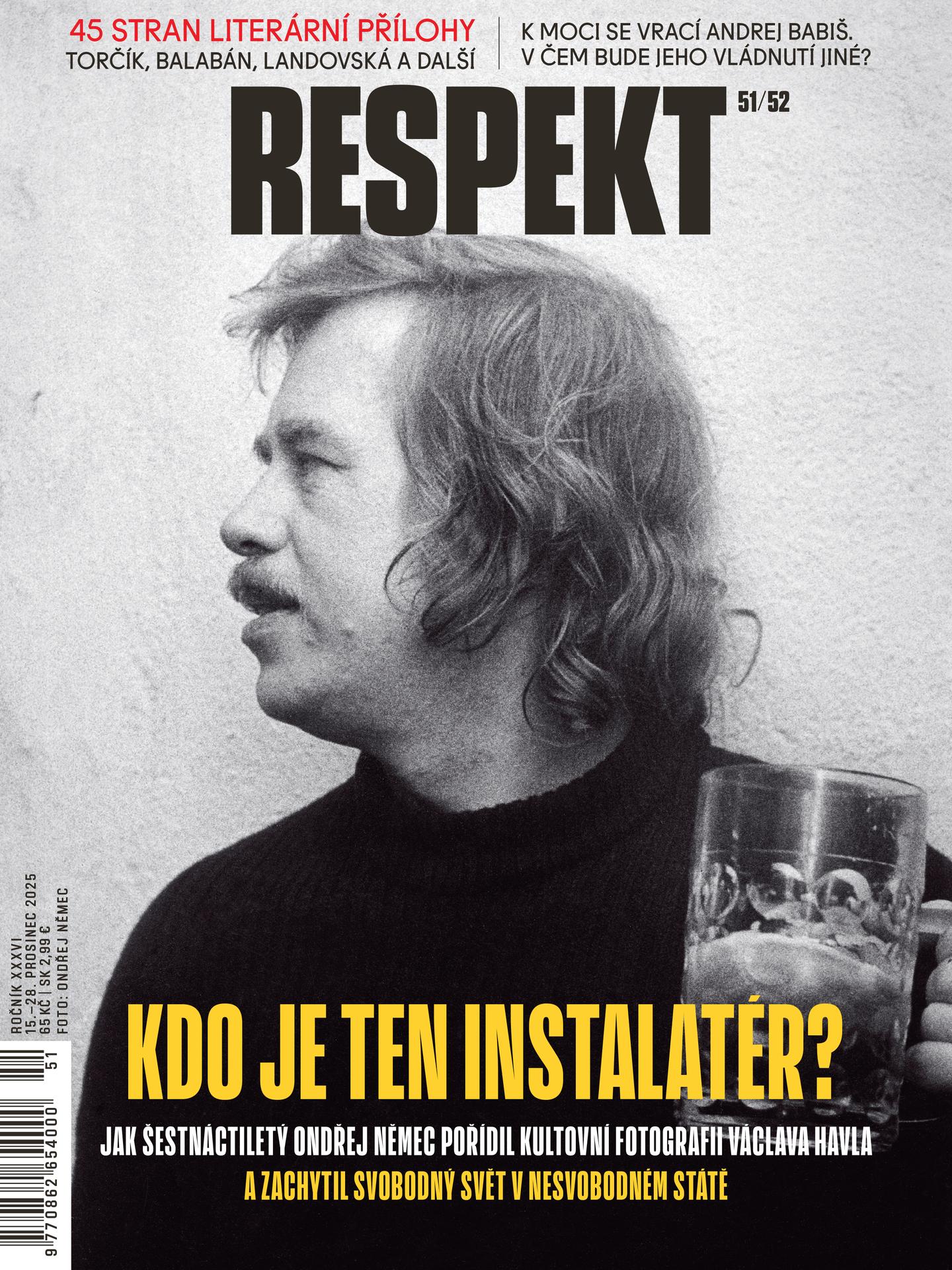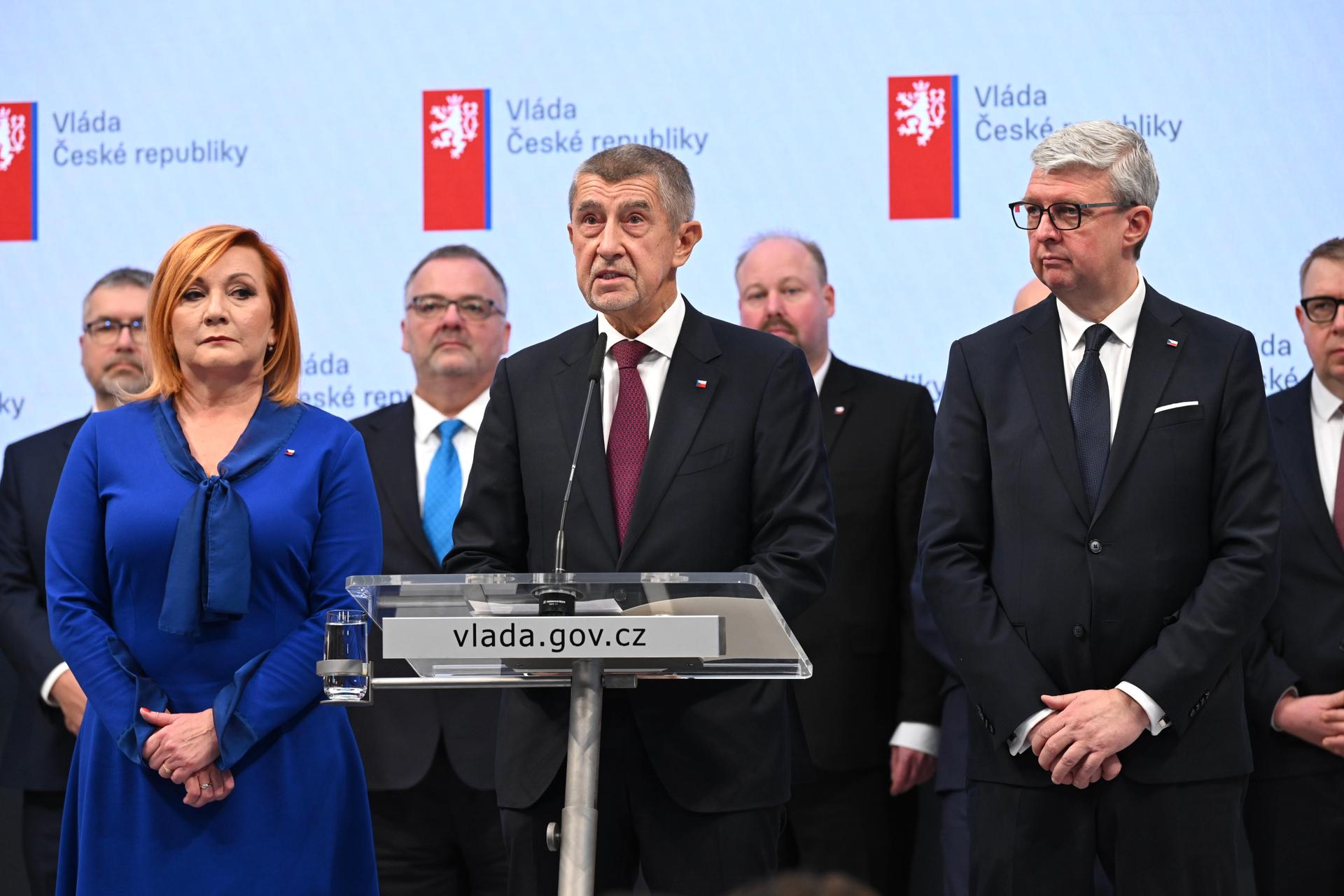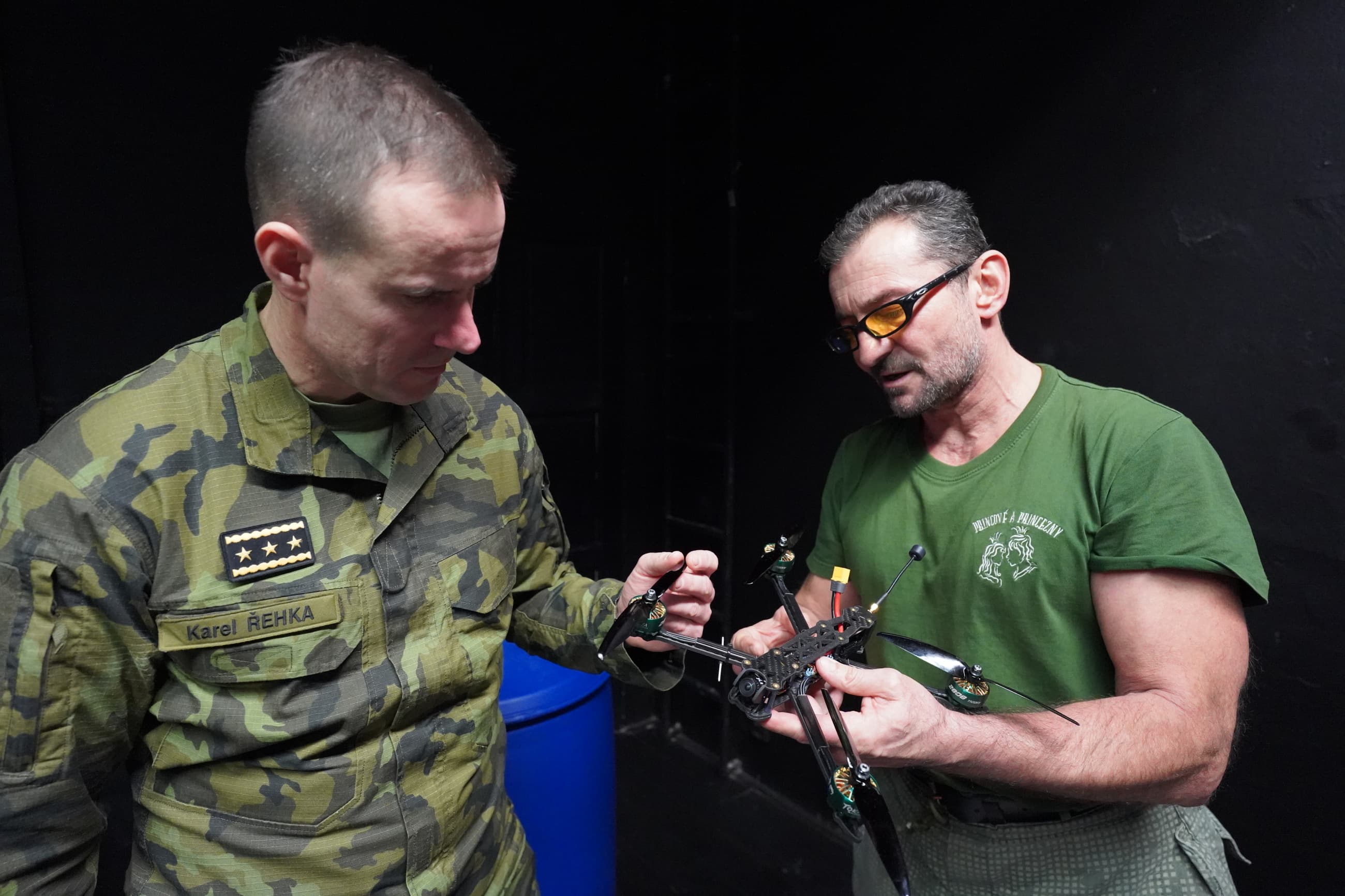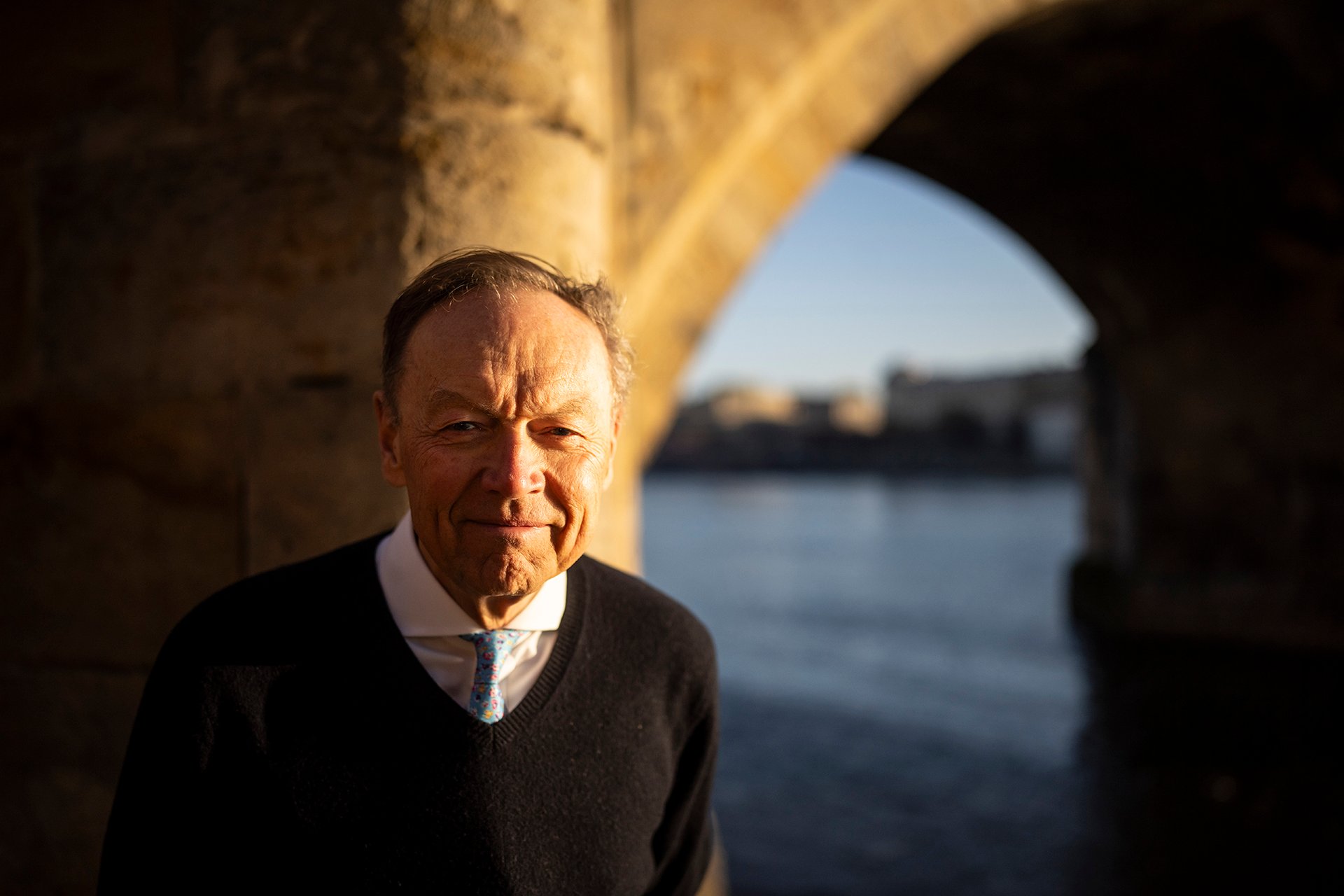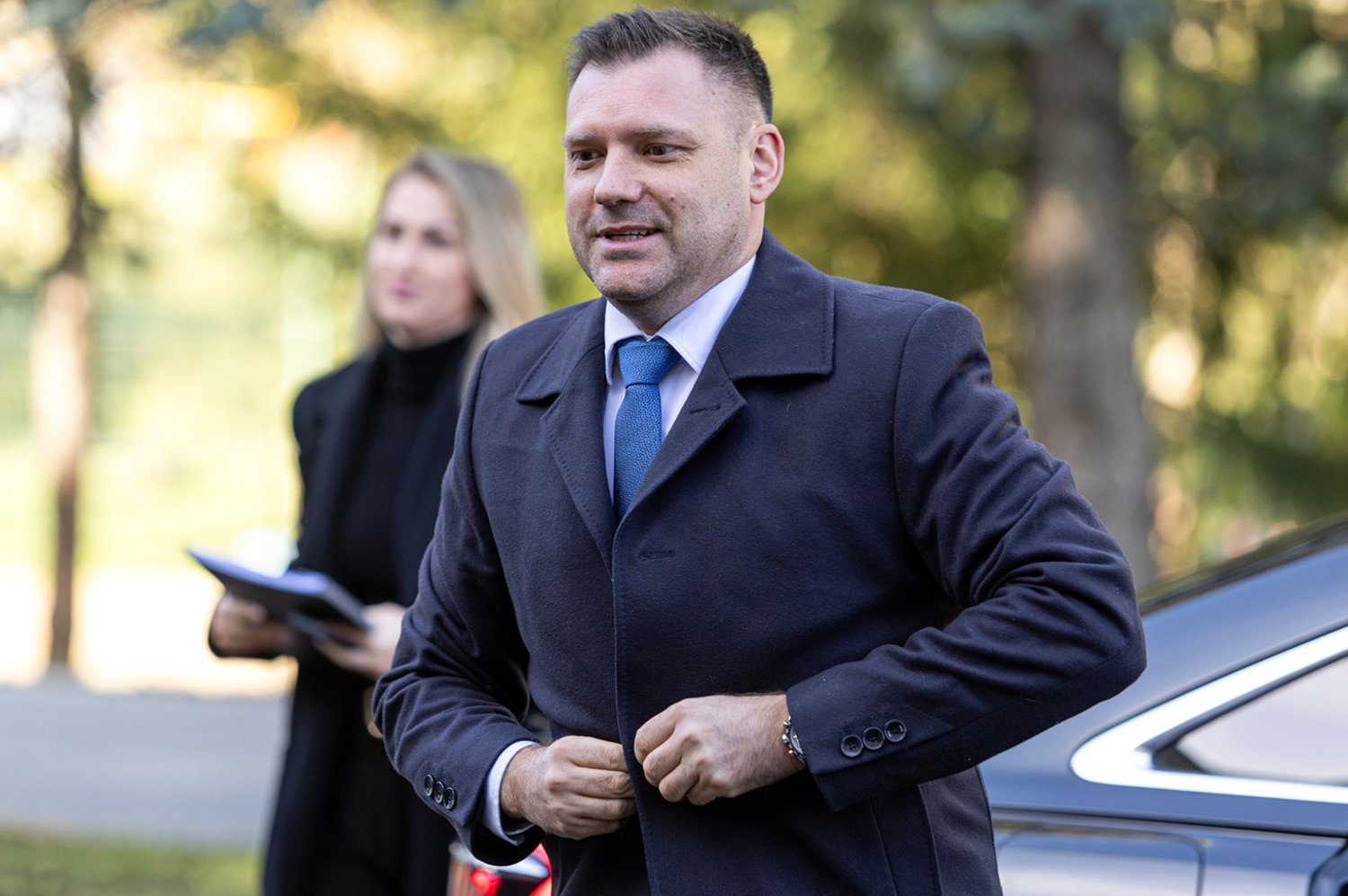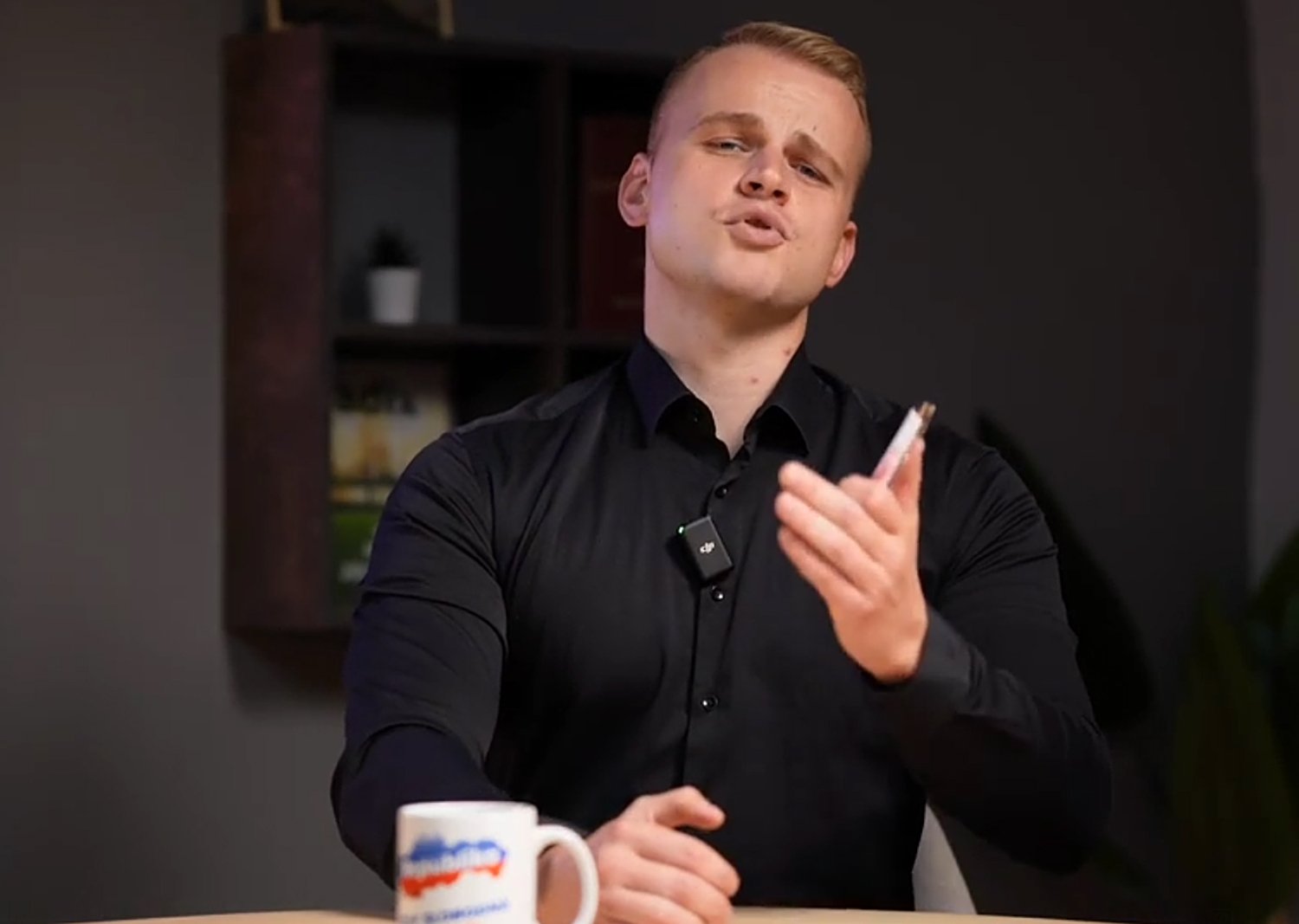The Lives of Others
A child-abuse trial says more about Czechs’ worldview than they might realize.

Many who saw the pictures from the funeral of the late North Korean leader Kim Jong-il probably felt either surprise or disbelief at the outburst of grief from ordinary Koreans. As somebody born during the communist era, I thought of something else: the uniformity of those past days when people on the streets looked very much alike. Everyone wore the same clothes and behaved the same way. Not much was in the shops, so the styles and colors varied little. And anyone seen to be doing something different risked police harassment. People even walked the same speed, and no one looked passing neighbors in the eye. Conformity and disappearance into a gray crowd was the order of life.
That memory came back when a Czech couple was sentenced last week for not taking care of their children properly. The husband got eight years behind bars, the wife three years’ probation. No doubt Martin K. and his wife, Hana, weren’t the greatest parents ever. They didn’t want their two boys to get acquainted with the “evil world outside,” so they didn’t let them leave their small apartment in Prague. From the day they were born, the boys stayed locked behind closed doors, never meeting anyone apart from their parents. Their only horizon, besides the inside of their two rooms, was the balcony of the family’s flat.
When the couple was arrested and various experts, from social security officials to pediatricians, examined the toddlers, they discovered some disturbing things. For example, the boys – one is almost 2 years old, the other 3 – don’t express emotions common to children their ages. And they don’t react to external stimuli the way they should: each had a so-called “wax face,” and neither was able to form anything close to a word, emitting only croaking sounds.


The state authority found that the toddlers had walked around the flat poorly dressed and were fed only vegetarian food. The parents didn’t register their births at the city hall as required and didn’t allow them to get common childhood vaccinations.
From the answers Martin K. and his wife gave to the judge’s questions, it was clear that the parents didn’t torment the kids. They led a very specific or, say, alternative life. Certainly, Prague social assistance officials should have stepped in to help the parents understand the possible long-term impact on the boys’ mental health and their readiness for life should they never see the outside world until the first time one of them fled from the flat, which presumably would have happened by age 12 or 13. But that, of course, was impossible since the state authority didn’t know the children existed.
The kids were taken from the parents in April when the investigation began and have since been living with their father’s brother. They are on the way to recovery and are meeting other children. Experts who examined them say they are still lagging behind in some social skills but are catching up quickly. Other than their development, they don’t bear any signs of abuse.
The mother, according to what she told the judge and others, seems a submissive person, easily manipulated by her husband, who was clearly the dominant partner. It was he who decided not to go to the hospital when she was about to give birth, he who said the kids wouldn’t be vaccinated, and he who told her to twist her nipples clockwise as a way to prevent another pregnancy. Martin K., again according to testimony in court, is psychopathic and hysterical, but also highly intelligent and not aggressive. In short, both parents seemed less tyrannical than misguided.
So eight years’ imprisonment with no parole for the father seems a bit harsh. In the Czech Republic, that kind of sentence is usually reserved for violent criminals, including attempted murderers. In fact, a sentence of nine years was handed down in an earlier case to parents who had tortured their children, locking them in a cage, burning their feet, and then selling a video of the abuse online.
I can’t help but think that what was on trial wasn’t just Martin K. and Hana’s deeds, but also their lifestyle – the fact that they were “strange,” and different from most Czechs. Their morality, not only their crime, was in the dock, as a colleague of mine who followed the case put it, noting that the judge revealed the couple’s intimate details – the nipples business, for example – with open mockery and disdain.
This ring-fencing of the unusual is quite common in post-communist society. We Eastern Europeans tend to react with anxiety or irritation to everything out of the mainstream.
I noticed it while living in Belgium as a correspondent. When it stopped raining in Brussels, ordinary Belgians often put a table and few chairs on the sidewalk, opened a bottle of wine, and started an open-air fiesta for neighbors and locals. I remember my Polish or Romanian colleagues and I looking on with admiration but also wondering whether it was allowed, whether the police would come, what passers-by might think of it. Our Western European colleagues barely noticed it.
For them, both public and private life had always had a thousand faces. For us, it had had only one. Getting to know the other 999 has been fascinating, but it’s also fraught with problems if tolerance isn’t there. In the case of a street fiesta in Brussels, we were only caught awkwardly staring at people. In the case of Martin K., eight years in jail awaits. And only when cases like his no longer happen can our society claim to be rid off the vestiges of communism.
This column was originally published on the Transitions Online website (www.tol.org) on 11 January, 2012. Transitions Online covers political, economic and social developments in Central & Eastern Europe, the Balkans and Central Asia.
Pokud jste v článku našli chybu, napište nám prosím na [email protected].

